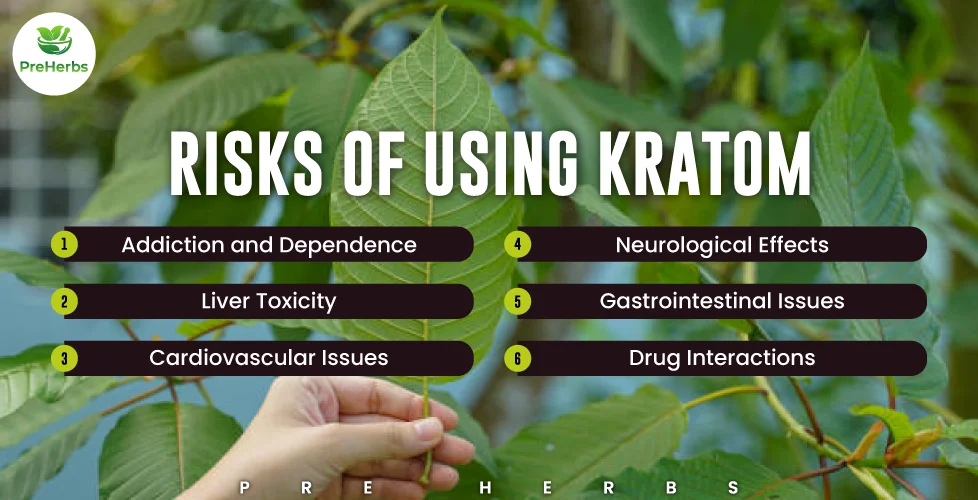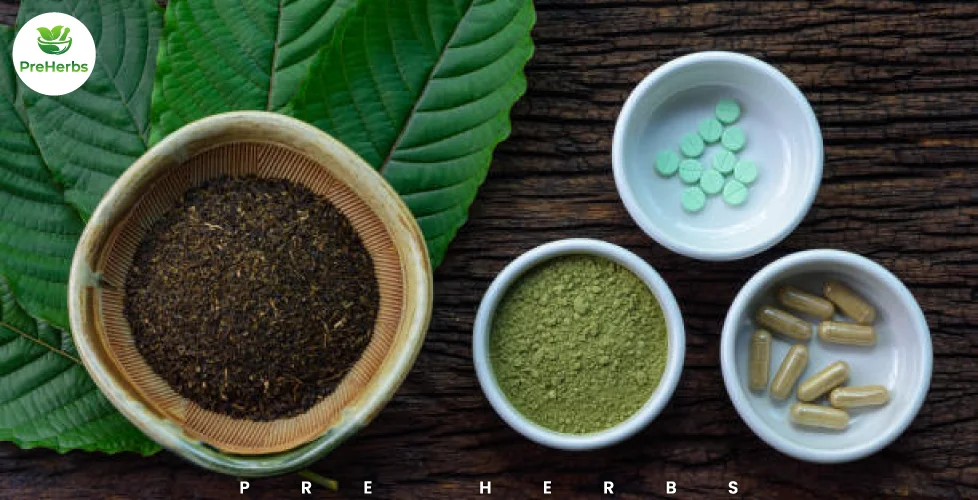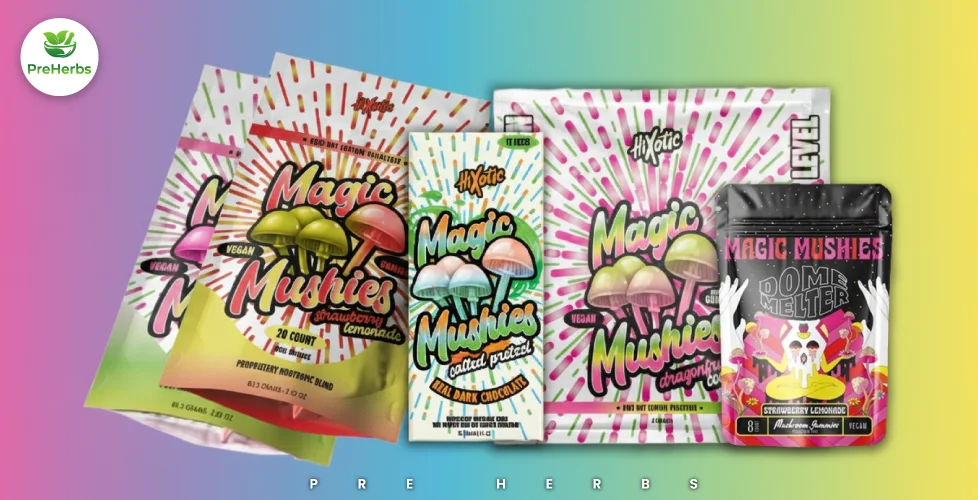Kratom has been gaining massive popularity in recent years, thanks to its wide range of reported benefits. Many people use it for energy, focus, relaxation, or even pain relief. But along with its growing popularity, a common question arises: “Does kratom show up on a drug test?”
Whether you’re a regular user or someone curious about trying it, the concern is valid—especially if your job, school, or athletic career requires routine drug screening. This comprehensive guide will break down everything you need to know about kratom, its alkaloids, how drug tests work, and whether you need to worry about it showing up in your system.
What Is Kratom?
Kratom (scientifically known as Mitragyna speciosa) is a tropical tree native to Southeast Asia, particularly countries like Thailand, Indonesia, and Malaysia. Its leaves have been traditionally used for centuries due to their natural psychoactive compounds.
The primary active alkaloids in kratom are:
- Mitragynine – the most abundant alkaloid, often responsible for kratom’s stimulating effects.
- 7-Hydroxymitragynine – a more potent alkaloid that contributes to kratom’s relaxing or sedative properties.
Different strains of kratom may lean toward either stimulating or relaxing effects, depending on dosage and preparation.
Because of its unique properties, kratom is often consumed in the form of powder, capsules, teas, or extracts. But unlike many controlled substances, kratom itself is not federally scheduled in the U.S. (though some states have restrictions).
Read More: Different Types of Kratom: Benefits and Effects
Does Kratom Show Up on a Drug Test?
The short answer: No, kratom does not usually show up on standard drug screening.
Here’s why:
- Standard 5-panel and even 10 – panel tests do not screen for kratom alkaloids such as mitragynine or 7-hydroxymitragynine, unless a specialized mitragynine test is requested.
- Most employers and organizations – are primarily concerned with federally regulated substances like THC, opioids, cocaine, and amphetamines.
That said, specialized kratom tests do exist. These are designed to detect kratom alkaloids, but they are rare and expensive. They are not part of routine employment or probation screenings unless specifically requested.
How Drug Tests Work

Before understanding whether kratom shows up, it’s important to know how drug tests function. Most drug tests are designed to detect specific substances or their metabolites in the body. The most common types include:
- Urine Tests – The most widely used for employment screenings, detecting drug use within a few days to a week. Urine is the main medium for urine detection of substances.
- Blood Tests – Less common for workplaces but used in medical or legal contexts; they show very recent use.
- Saliva Tests – Typically used for detecting recent drug use, within 24–48 hours.
- Hair Tests – Can detect certain substances for up to 90 days but are more expensive.
Standard drug tests, such as the 5-panel urine test, typically check for:
- Marijuana (THC)
- Cocaine
- Opiates
- Amphetamines
- PCP
Some more advanced tests, like 10-panel tests, may screen for additional substances, but kratom is not typically included.
How Long Does Kratom Stay in Your System?
Even though kratom isn’t commonly tested for, you might still wonder how long it remains in your body. The duration depends on several factors, including dosage, frequency, metabolism, and overall health.
- Half-Life of Mitragynine – Studies suggest that the half-life of mitragynine is around 24 hours, meaning it takes about a day for half of it to leave your system.
- Single Use – Kratom may be detectable for up to 3–4 days in the body.
- Regular/Heavy Use – It could remain detectable for up to a week or longer in some cases.
Breakdown by test type:
- Urine Test: Kratom may show up for 3–7 days, but only if specifically tested.
- Blood Test: Detectable for a day or two after use.
- Saliva Test: Limited research, but likely similar to blood detection (1–2 days).
- Hair Test: Theoretically, kratom could be detected for up to 90 days, though this method is rarely used.
Read More: What is 7OH: Benefits, Uses, and Effects
Risks of Using Kratom

While kratom is often marketed as a natural supplement with potential benefits—like pain relief, mood enhancement, or energy boosts—it is not without significant risks. Scientific research, clinical reports, and regulatory agencies highlight several concerns.
1. Addiction and Dependence
Kratom contains alkaloids, primarily mitragynine and 7-hydroxymitragynine, which interact with opioid receptors in the brain. Regular use can lead to tolerance, dependence, and withdrawal symptoms similar to opioids, such as:
- Irritability and anxiety
- Muscle aches
- Insomnia
- Nausea and vomiting
Chronic users may find it difficult to stop without professional support.
2. Liver Toxicity
There have been reported cases of kratom-induced liver injury, sometimes requiring hospitalization. Symptoms may include:
- Yellowing of the skin or eyes (jaundice)
- Dark urine
- Fatigue
- Abdominal pain
Though rare, liver toxicity underscores the need for caution, especially in people with pre-existing liver conditions.
3. Cardiovascular Issues
Kratom use has been linked to:
- Rapid heart rate (tachycardia)
- High blood pressure
- Rare cases of heart palpitations or arrhythmia
People with underlying cardiovascular disease should be particularly careful.
4. Neurological Effects
Kratom can cause:
- Dizziness and drowsiness
- Headaches
- Confusion or impaired coordination
- High doses, especially from concentrated extracts, may increase the risk of seizures.
5. Gastrointestinal Issues
Frequent kratom use is associated with:
- Nausea and vomiting
- Constipation
- Loss of appetite
These side effects can affect quality of life and overall health, particularly with prolonged use.
6. Drug Interactions
Kratom interacts with several medications due to its effect on liver enzymes like CYP3A and CYP2D6, potentially altering how other drugs are metabolized. Risky combinations include:
- Prescription opioids
- Benzodiazepines
- Alcohol
- Certain antidepressants
These interactions can lead to enhanced sedation, respiratory depression, or toxicity.
Can Kratom Cause a False Positive?
This is one of the biggest concerns for users. Could kratom use lead to a false positive for another drug?
| Factor | Risk of False Positive | Notes |
| Standard Drug Screens | Very Low | Kratom alkaloids aren’t included in routine 5- or 10-panel tests. |
| Confirmatory Tests (GC–MS/LC–MS/MS) | None | These tests identify kratom directly, no mix-ups with opioids. |
| Cross-Reactivity | Extremely Low | Modern assays rarely confuse kratom with other drugs. |
| Adulterated Products | Moderate to High | Contaminated kratom (mixed with opioids) could test positive. |
| Specialized Kratom Panels | None | If ordered, labs detect mitragynine/7-OH specifically. |
Why Isn’t Kratom Commonly Tested For?
There are several reasons why kratom isn’t usually screened in drug tests:
- Cost – Specialized kratom testing is expensive, and most employers don’t see a need for it.
- Legality – Kratom is legal in most U.S. states and many countries (though banned in a few).
- Lack of Awareness – Many testing labs and employers are simply not focused on kratom compared to controlled substances.
That said, because kratom has gained more attention in recent years, specialized testing could become more common in certain contexts, such as law enforcement, military, or competitive sports.
Read More: Magic Mushrooms: Benefits, Risks, Uses and Legal Facts
What If You’re Subject to a Drug Test?
If you’re a kratom user and have an upcoming drug test, here are a few things to keep in mind:
- Standard Tests Are Safe – In most cases, you won’t have to worry, since kratom is not included in typical drug screening panels.
- Employer Policies May Vary – Some workplaces have stricter policies, so it’s worth checking your company’s guidelines.
- Hydration and Metabolism Matter – Drinking water, exercising, and maintaining a healthy lifestyle may help your body process kratom faster, though this is not guaranteed.
- Medical Disclosure – If you’re using kratom for wellness reasons, you could disclose it to your healthcare provider but may want to avoid volunteering unnecessary information to your employer.
How to Be Prepared
If you’re worried about drug testing and kratom, here’s a quick checklist:
- Understand what type of test you’ll be taking.
- Remember that standard panels don’t include kratom.
- Be aware of the detection window (3–7 days for urine detection).
- Ask for confirmatory testing if a false positive occurs.
- Stay informed about kratom laws in your area.
Pros and Cons
Understanding the Upsides and Downsides of Kratom
Pros
- May relieve mild pain naturally.
- Can boost energy and focus in low doses.
- May improve mood and reduce anxiety temporarily.
- Available in various forms (tea, capsules, extracts).
- Sometimes used as a harm-reduction tool for opioid withdrawal.
Cons
- Risk of dependency and withdrawal symptoms.
- Can cause nausea, constipation, or dizziness.
- Potential liver toxicity with heavy use.
- Quality varies; contamination is possible.
- Legal status is uncertain in some regions.
Legal Status of Kratom and Testing Concerns
Another angle to consider is legality. While kratom is legal at the federal level in the United States, some states and cities have banned it, including:
- Alabama
- Arkansas
- Indiana
- Rhode Island
- Vermont
- Wisconsin
- Certain local jurisdictions (e.g., San Diego, CA; Sarasota County, FL)
If you live in an area where kratom is banned, there may be a higher chance of being tested for it in legal contexts. Always check your state and local regulations before use.
Read More: Exploring The Blue Lotus Tea Effects: A Comprehensive Guide
FAQ’s
Your most common questions about kratom.
1. What category of drug is kratom?
Kratom is an herbal psychoactive substance with opioid-like effects, classified as a mitragynine-containing plant.
2. What is kratom called on a drug test?
On specialized tests, kratom is detected by its alkaloids: mitragynine and 7-hydroxymitragynine, often through a mitragynine test.
3. Is kratom a full opioid?
No, kratom is a partial opioid agonist, producing opioid-like effects without being a full opioid.
4. What is kava vs kratom?
Kava is a relaxing, non-opioid plant used for anxiety, while kratom has stimulant or opioid-like effects depending on dose.
5. What does kratom do to the brain?
Kratom interacts with opioid receptors, affecting mood, pain perception, and sometimes alertness or sedation.
Final Thoughts
For most people, the answer is no—you don’t need to be overly concerned about kratom showing up on a drug test. Standard workplace and probationary tests are not designed to detect it.
However, if you’re in a profession with stricter testing protocols (military, law enforcement, competitive athletics), or you live in a state where kratom is banned, you may face higher scrutiny. In such cases, specialized kratom testing, such as a mitragynine test, could be used.
Ultimately, the best approach is to stay informed, understand the testing process, and make choices that align with your personal and professional circumstances.



